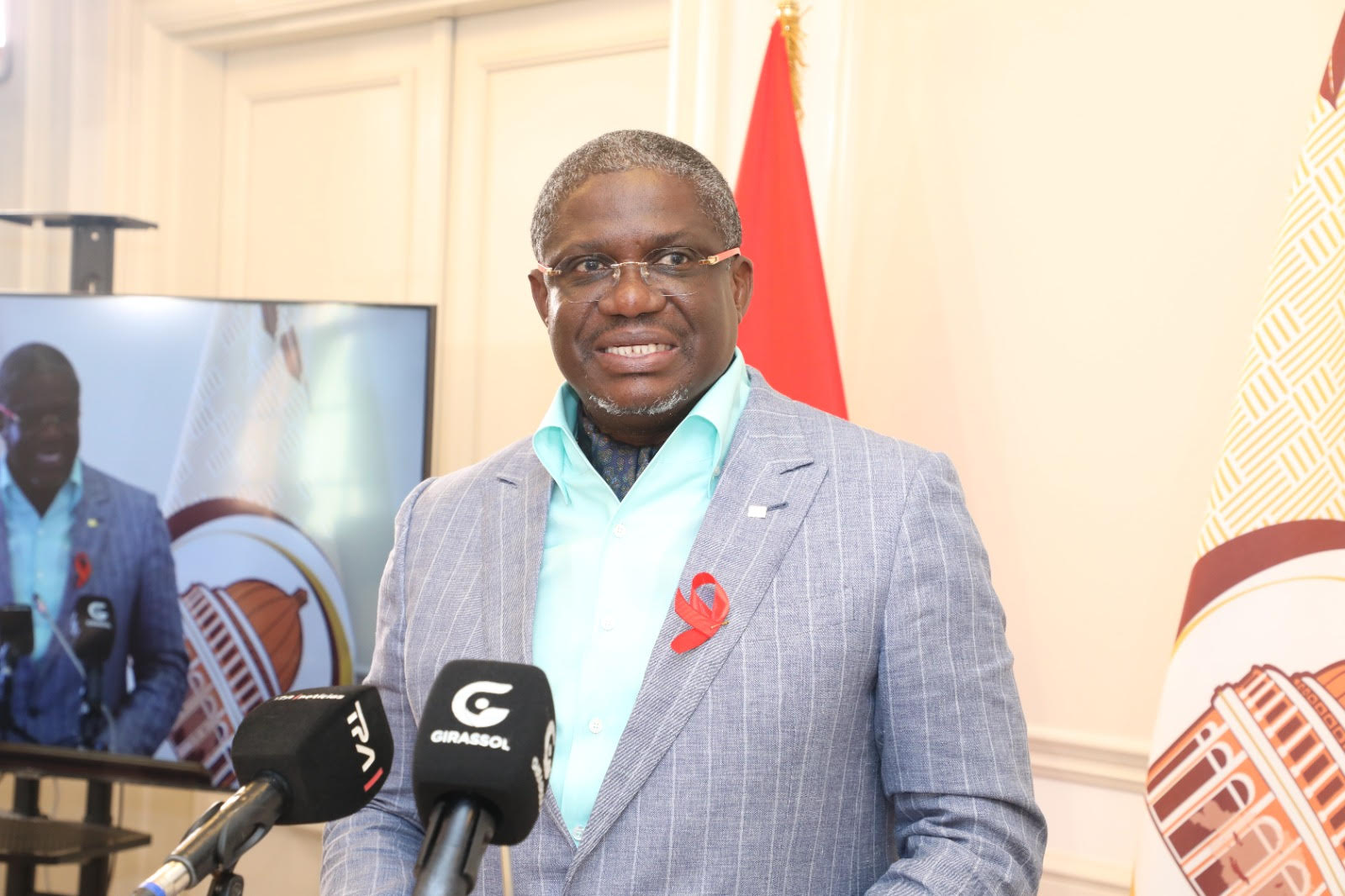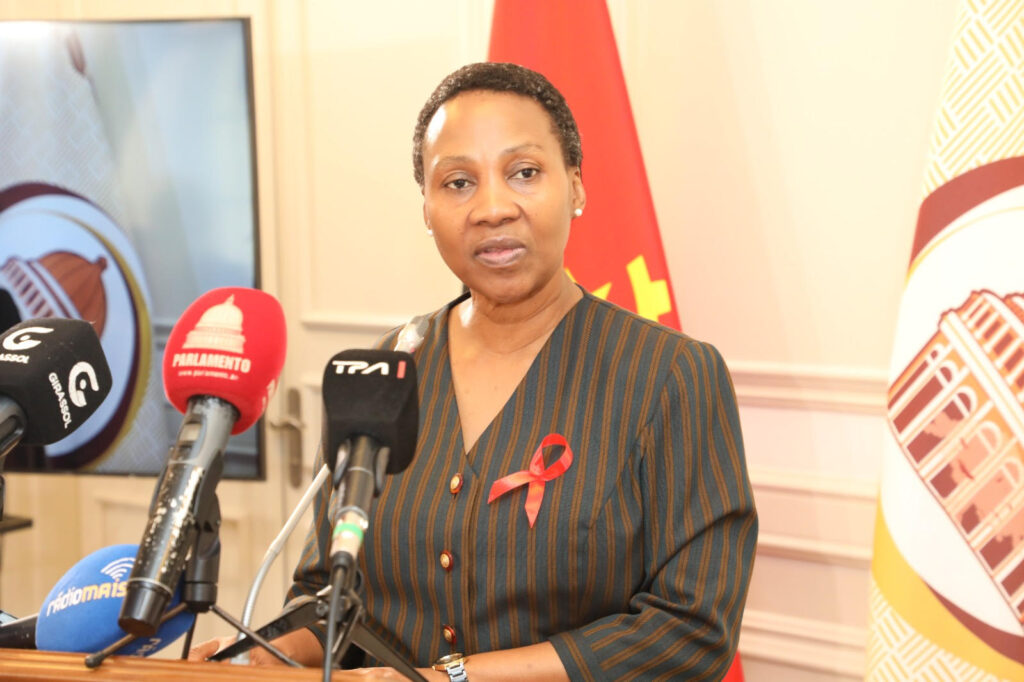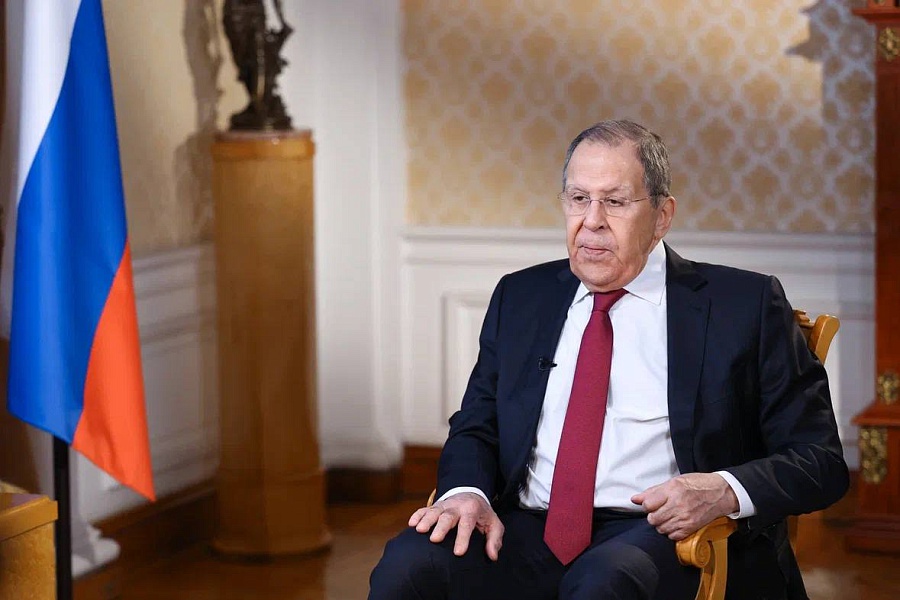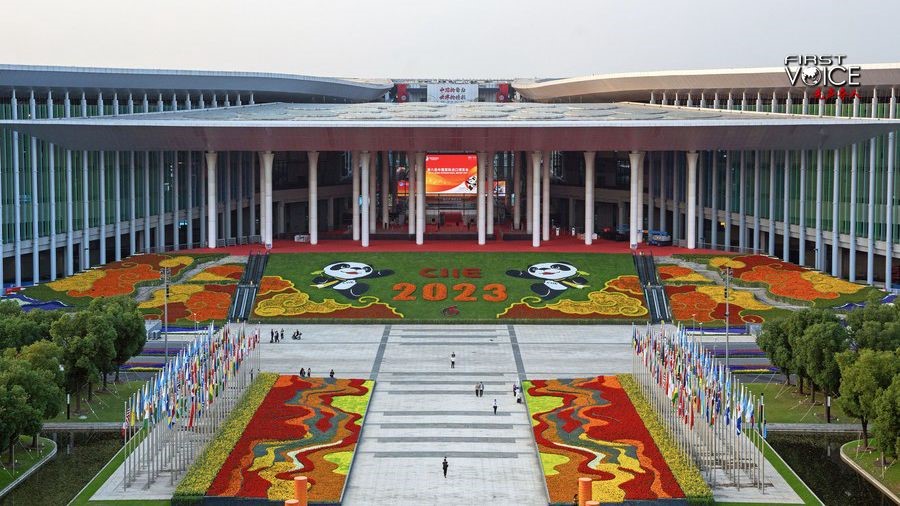
Secretary-General of the National Assembly of Angola, Dr. Pedro Agostinho de Neri. Photo: NA of Angola.
By Moses Magadza
The National Assembly of the Republic of Angola has formally launched the SIDA-funded Sexual and Reproductive Health and Rights, HIV and AIDS Governance Project (2023-2026).
The launch took place in Luanda on 30 April 2024 under the motto: “Promotion of Family Planning as a fundamental factor in reducing early pregnancy in adolescence.”

Speaking during the unveiling, SADC Parliamentary Forum Secretary General Ms Boemo Sekgoma saluted the Parliament of Angola for its long-standing partnership with the Forum.
“Since 2018, the Plenary Assembly of the Forum which is the highest decision-making body of the SADC-PF successfully took place on several occasions in Angola.
“Furthermore, the forthcoming 55th Plenary Assembly of the Forum will also take place in Angola in July 2024. This demonstrates the special bond of solidarity which prevails between Angola and the Forum,” the SG said.
The SADC PF is working to transform into a SADC Parliament and Ms Sekgoma noted that Angola was one of the “most ardent proponents” of the envisaged transformation.
The Parliament of Angola occupied the Presidency of the SADC PF from 2018 to 2020 through then Speaker, Honourable Fernando da Piedade Dias dos Santos, who advocated for the transformation of the Forum, leading to approval as a matter of policy by the SADC Summit.
“We are thankful for this special relationship with the Parliament of Angola which is grounded on mutual trust, friendship and the joint volition to implement inter-parliamentary cooperation,” she said.
Turning to the SRHR, HIV and AIDS Governance Project, the SG said it was relevant for Angola and its parliamentarians.
“It aims to address structural issues related to SRHR, climate change, eliminate gender inequalities and disparities, eradicate child marriages and reduce early and unintended pregnancies, as well as promote protection of key populations with dissemination of comprehensive sexuality education,” she explained.
She said the new phase of the Project hinges on climate justice, democratic accountability and the implementation of human rights, which are prerequisites for democracy.

The Project would promote closer collaboration between Parliament and civil society organisations.
“The Project also aims to build a synergy between the Executive and public institutions on the one hand, and Parliament on the other hand, such that the national Parliament is regularly updated on SRHR policy initiatives,” she added.
She noted that under the Project, MPs could utilise available resources to end child marriage. Other possible areas of intervention include the prevention of mother to child transmission of HIV, promoting access to essential medicines and ARVs for People Living with HIV, or ending taboos that lead to school dropouts among girls.
“It is up to the national Parliament to focus on one or more areas to promote SRHR through targeted laws, enhanced budgets, oversight and representative actions,” she stated.
She said funds had been provided to national Parliaments under the Project to implement a range of activities that can include sensitisation workshops, constituency projects, roundtable meetings as well as public hearings.
Ms Sekgoma said SRHR Researchers had been appointed at national level to support MPs in achieving the goals of the Project.
The researchers were expected, also, to regularly contribute to the Project’s monitoring and evaluation framework to ensure impact.
As part of the launch, the SG and her delegation met with the Office of the Clerk/Secretary General and finance staff to promote a common understanding of procurement provisions and the anti-corruption framework and the anti-bribery guidelines of the Forum and SIDA.
“This is fundamental to ensure that funding under the Project can be accounted for,” she said.
She called for ownership of the Project by the National Assembly to promote its institutionalisation and sustainability.
“It is your project and MPs are encouraged to tap fully into the resources available and to implement SRHR initiatives in accordance with the project’s framework,” Sekgoma told her audience.
On his part, the Secretary-General of the National Assembly of Angola, Dr. Pedro Agostinho de Neri, said his parliament was “not only a full member, but also an active partner” of the SADC PF.
He assured the SADC PF SG that “everything” would be done to ensure the successful implementation of the Project in Angola.
“We will, therefore, make available to you the human and technical skills that exist in the National Assembly,” he said.
Noting that Angola had a huge population of mostly young people, women and girls, Dr Neri said the new Project was timely and relevant.
“This Project has a visible social impact, starting with the family, which is the epicentre of life and also the determining vector for a stable society and economic and social development,” he stated.
A presentation by Dr Hirondina Cucubica from UNICEF, highlighted the national context in which the Project was being unveiled.
She said 65% of Angola’s population was under the age of 24 and the country had one of the highest rates of teenage pregnancy in the world among the age group 15 to 19 years.
Additionally, one in three women aged between 20 and 24 were married by the age of 18 while nearly one in 10 (8%) were in a polygamous marriage.
Sexual violence was rife, with one in 10 girls aged between 20 and 24 years having experienced it.
On retention and throughput in education, Dr Cucubica revealed that almost half of girls who start school left school before secondary school.
As of the year 2022, Angola, with approximately four million adolescent girls (10 to19 years) recorded 73,391 live births of girls (15 to 19 years) and 635 live births of girls under 15 years of age.
Dr Cucubica said data showed, also, that one in three adolescent girls (15 to 19 years) already had one or more children by the age of 15, while one in four girls (15 to 19 years) had experienced physical violence.
She said girls’ vulnerability to HIV was high, with 73% of young people aged 15 to 24 living with HIV being women, and 78% of new HIV infections among 15 to 24-year-olds were among girls.
Cervical cancer, according to Dr Cucubica, was the most common cancer among women in Angola and there was poor implementation of screening for precancerous lesions of the cervix.
She said UNICEF was helping Angola in addressing sexual exploitation and teenage pregnancy in municipalities with high prevalence, and empowerment of girls.
The agency was also sharing SRHR information through peer-to-peer approaches and supporting young women mothers through second-chance education and skills, among other interventions.









